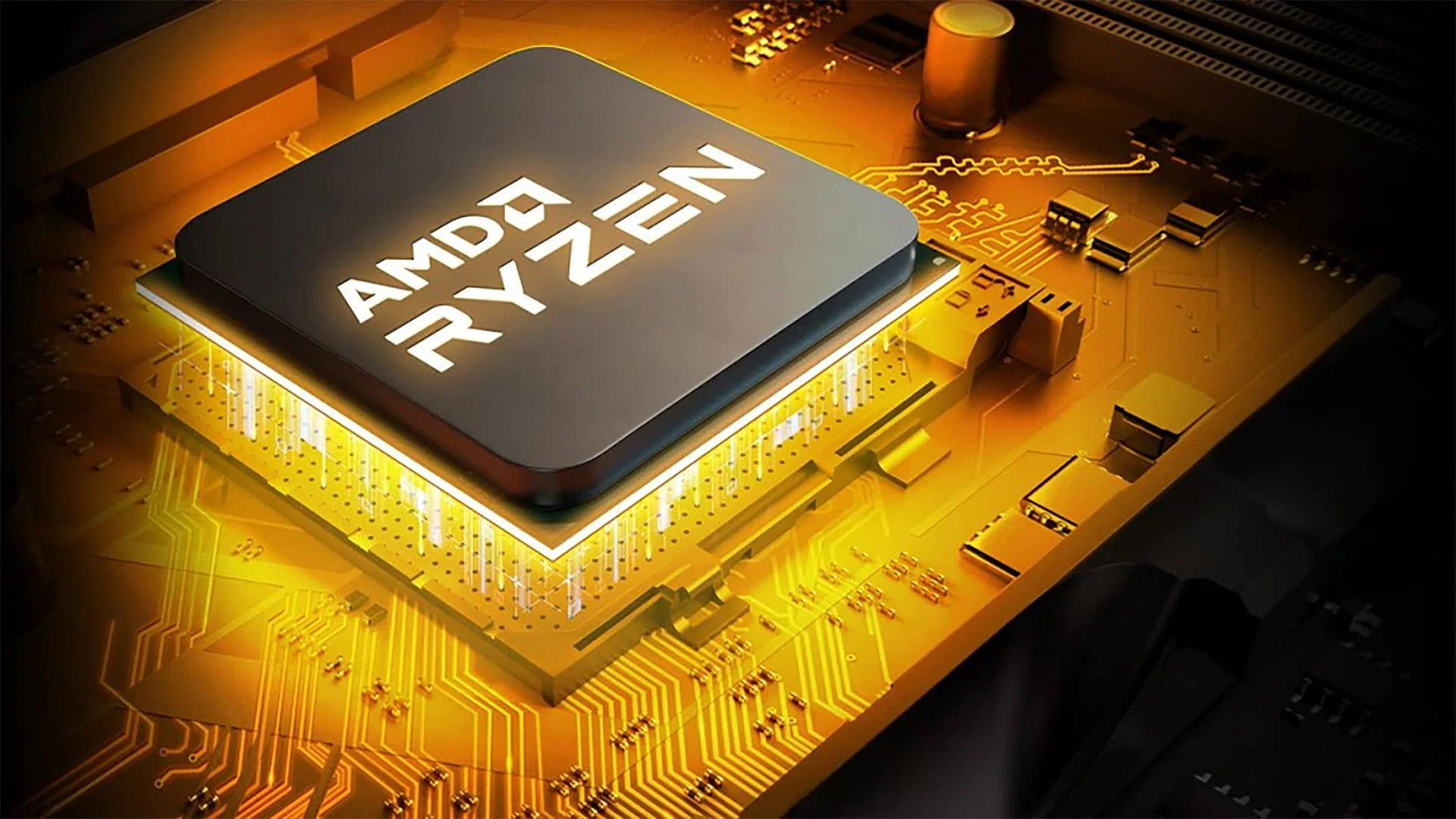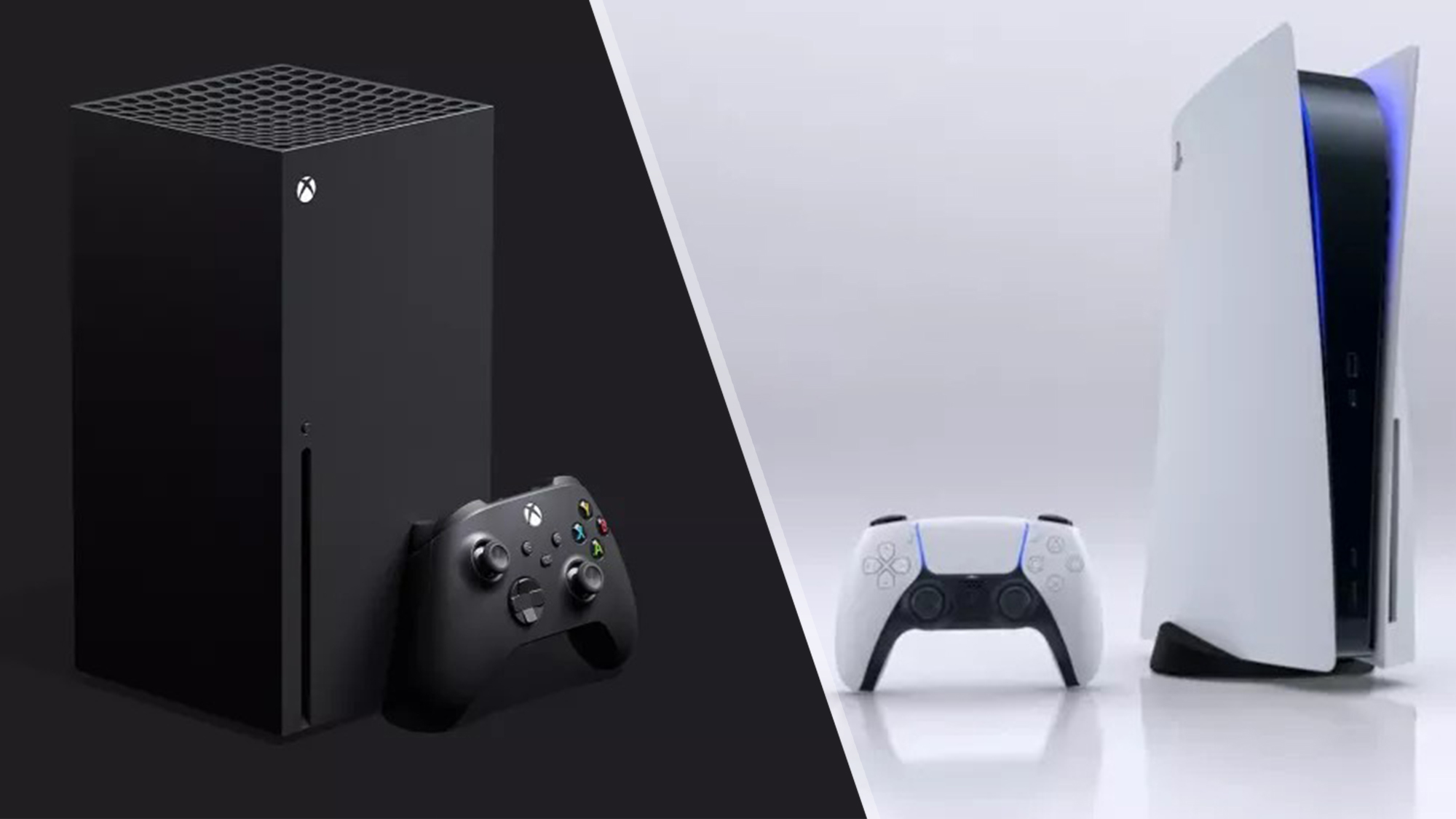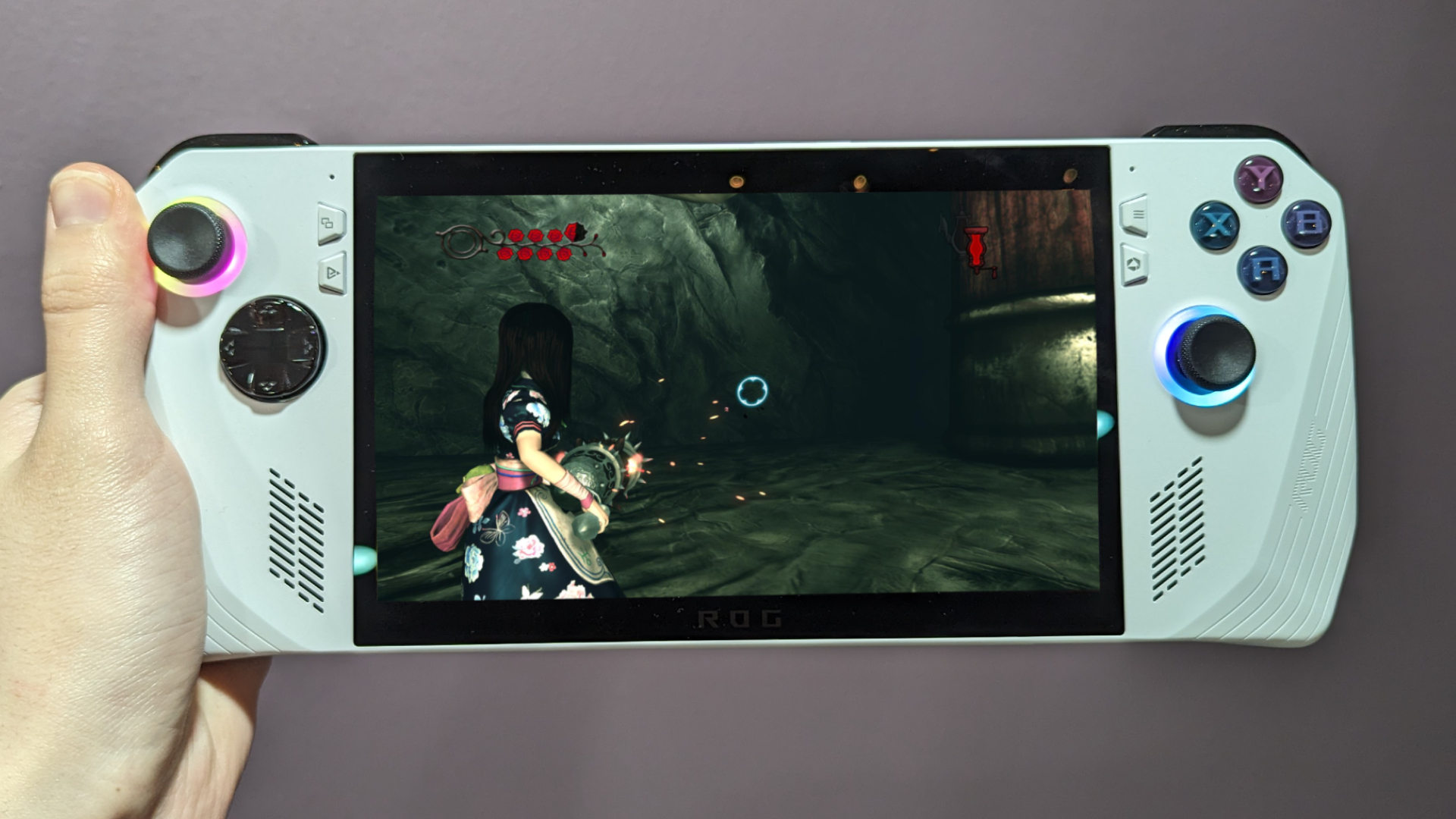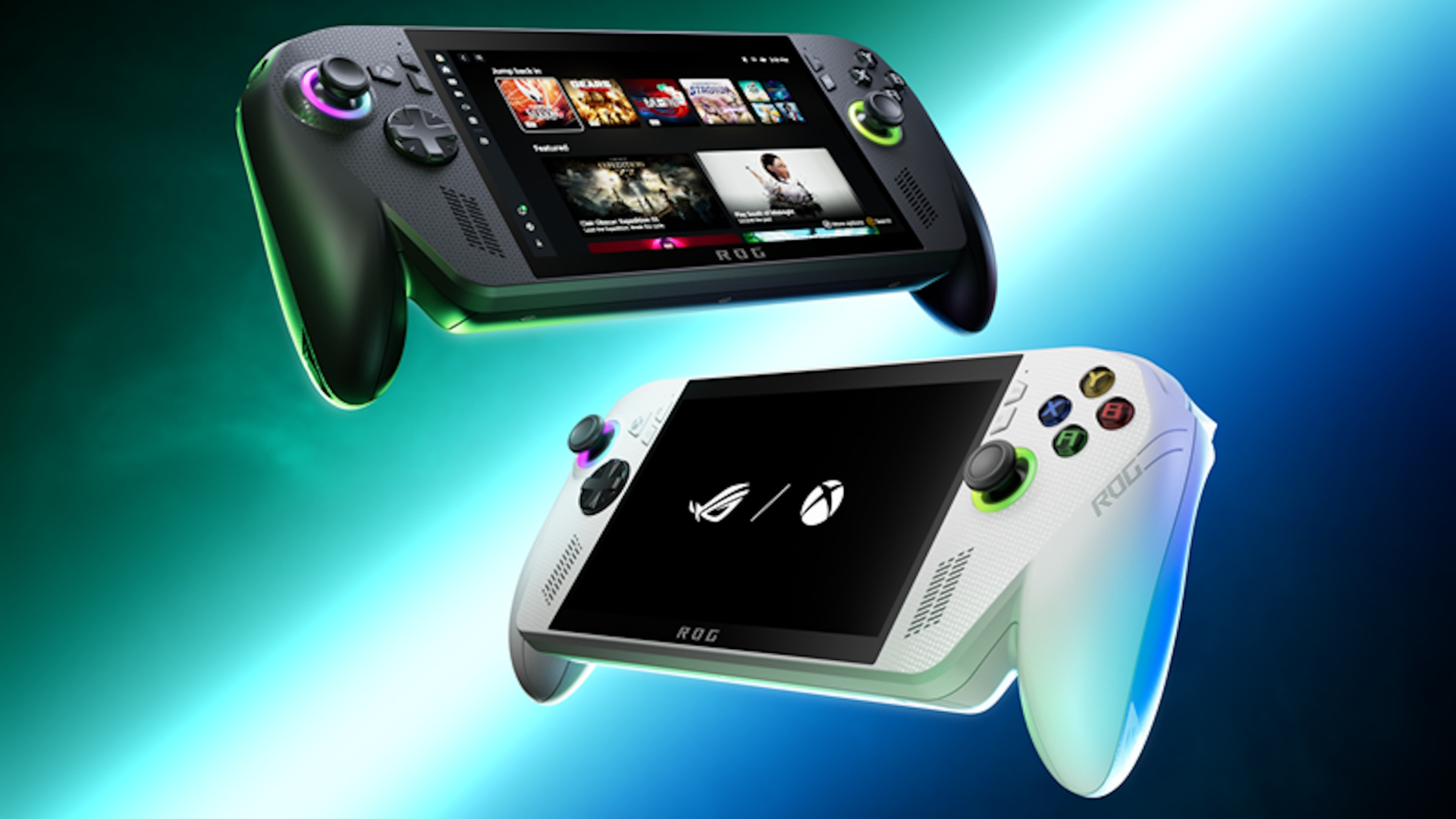Next-gen PlayStation and Xbox consoles may have something surprising in common — but is that a good thing?
Ryzen APUs taking over gaming could offer easier optimization for game devs, but at what cost?

Sign up to receive The Snapshot, a free special dispatch from Laptop Mag, in your inbox.
You are now subscribed
Your newsletter sign-up was successful
Looking ahead, 2027 is expected to be the big year for console gamers, with the next-generation Xbox and PlayStation systems both looking to hit the market that fall.
Last week, Microsoft confirmed that the next-gen Xbox console will be powered by custom AMD hardware. On Monday, new rumors indicated Sony's next-gen PlayStation will also feature a custom AMD APU.
In fact, both consoles will reportedly have the same UDNA graphics chip.
Is this an indicator that the console wars are finally over? Will the next console you buy be less about specs and hardware, and more about design and game collection? And is all this AMD hardware actually a good thing for gamers?
Let's take a look.
AMD custom APUs are powering the next generation Xbox and PlayStation

Despite sounding unlikely, Xbox and Sony's next-gen consoles won't be the first to share a link in being powered by custom AMD APUs.
In 2013, both the Xbox One and PlayStation 4 were powered by AMD's Jaguar CPU architecture.
Sign up to receive The Snapshot, a free special dispatch from Laptop Mag, in your inbox.
And, in 2020, both the Xbox Series X|S and PlayStation 5 consoles were powered by custom hardware with AMD's Zen 2 architecture.
Clearly, the hardware similarities between Xbox and PlayStation haven't ended the console wars so far, meaning it's likely the console tribalism will continue even up to and beyond 2027.
After all, having the same hardware doesn't make the consoles equal in terms of performance, user interface, or game library. Both Xbox and Sony are still very much looking to go head-to-head in 2027, and keen for one of them to come out the victor, regardless of how much it may sound like the two are aiming for a hardware tie.
AMD's Ryzen Z series powers most gaming handhelds

AMD's gaming dominance isn't just in consoles. AMD's Ryzen Z series CPUs power most handheld gaming PCs, from our beloved Asus ROG Ally X to the Lenovo Legion Go 2 and upcoming Xbox handhelds.
In fact, the MSI Claw 8 is even getting an AMD variant with the Ryzen Z2 Extreme chip, making it a less unique handheld in the process.
Instead of offering a bevy of choices between various systems, the handheld gaming PC market is more like a palette swap. Choose your preferred color/aesthetic, and call it a day.
Of course, there are some other differences in optimization between the various handhelds, but with just the MSI Claw, MSI Claw 7 AI+, and MSI Claw 8 AI+ offering Intel CPUs, the handheld market feels very one-note.
Even in the more typical laptop and desktop PC space, AMD's X3D CPUs have taken over. At least as far as sales go. Things are a bit less grim for Intel on the laptop side, since there aren't as many laptops offering AMD CPUs, making a full CPU comparison difficult.
However, AMD's dominance isn't as cut and dry when looking at general laptop performance.
Is all this hardware homogeneity good for the gaming market?

On the one hand, having fewer hardware versions to optimize for makes things easier for game developers.
However, we're coming up on the third generation of home consoles with AMD APUs, and we still get games that are broken or nearly unplayable at launch. So clearly, the benefits there are not enough to counteract the gaming industry's development crunch issues.
While AMD fans are, naturally, excited to see their brand dominate the market... being at the top isn't always for the best. As competition decreases, advancements in tech tend to stagnate.
Ultimately, complacency is the death of innovation.
Intel's proven that pretty handily over the last several years, and is now playing catch-up on the PC side. Team Blue has had some recent successes, but there's still a way to go.
We can only hope AMD continues to see Intel and Nvidia as worthy competition, so gamers don't suffer from sheer entropy.
More from Laptop Mag
- AI is making your games better — a new Steam tool convinced me to stop hating GPU upscaling.
- Steam users are flocking back to this once-hated game in huge numbers — and it's only $4
- GeForce RTX 5050 brings next-gen gaming to the masses with Blackwell laptops starting at $999

A former lab gremlin for Tom's Guide, Laptop Mag, Tom's Hardware, and TechRadar; Madeline has escaped the labs to join Laptop Mag as a Staff Writer. With over a decade of experience writing about tech and gaming, she may actually know a thing or two. Sometimes. When she isn't writing about the latest laptops and AI software, Madeline likes to throw herself into the ocean as a PADI scuba diving instructor and underwater photography enthusiast.
